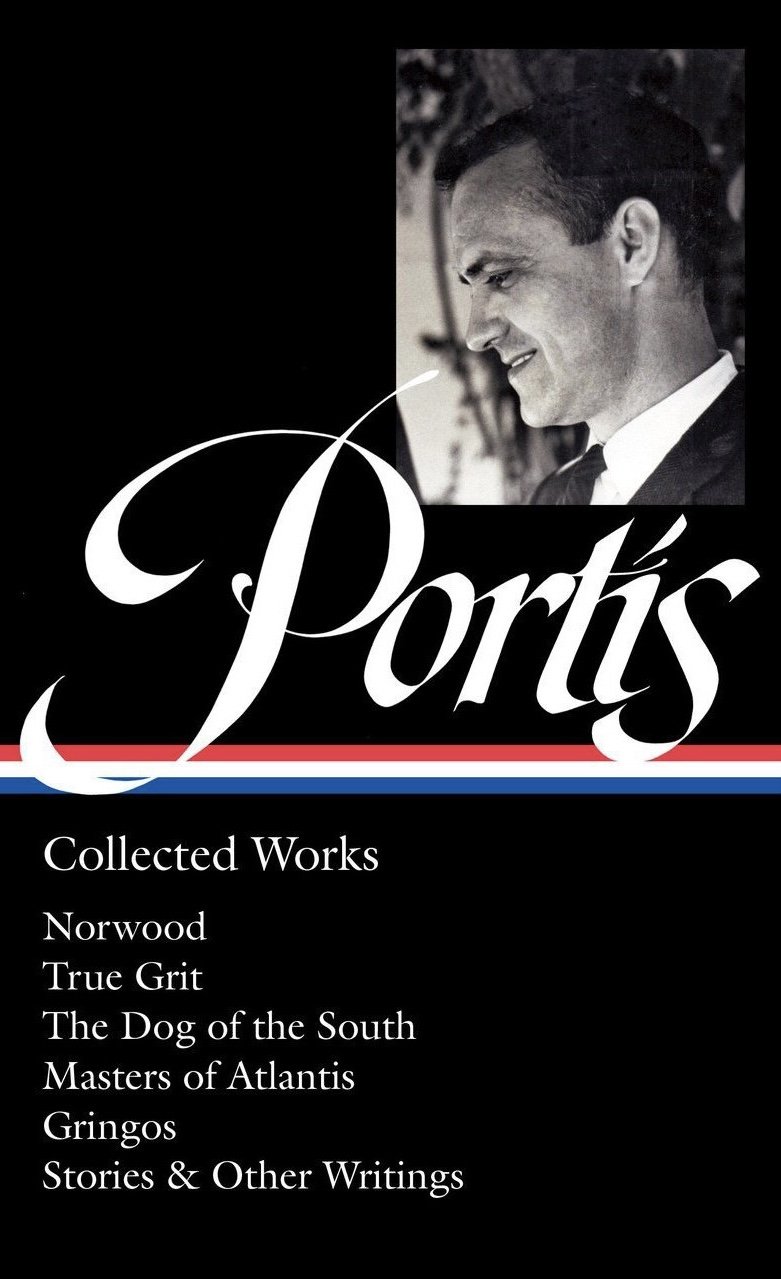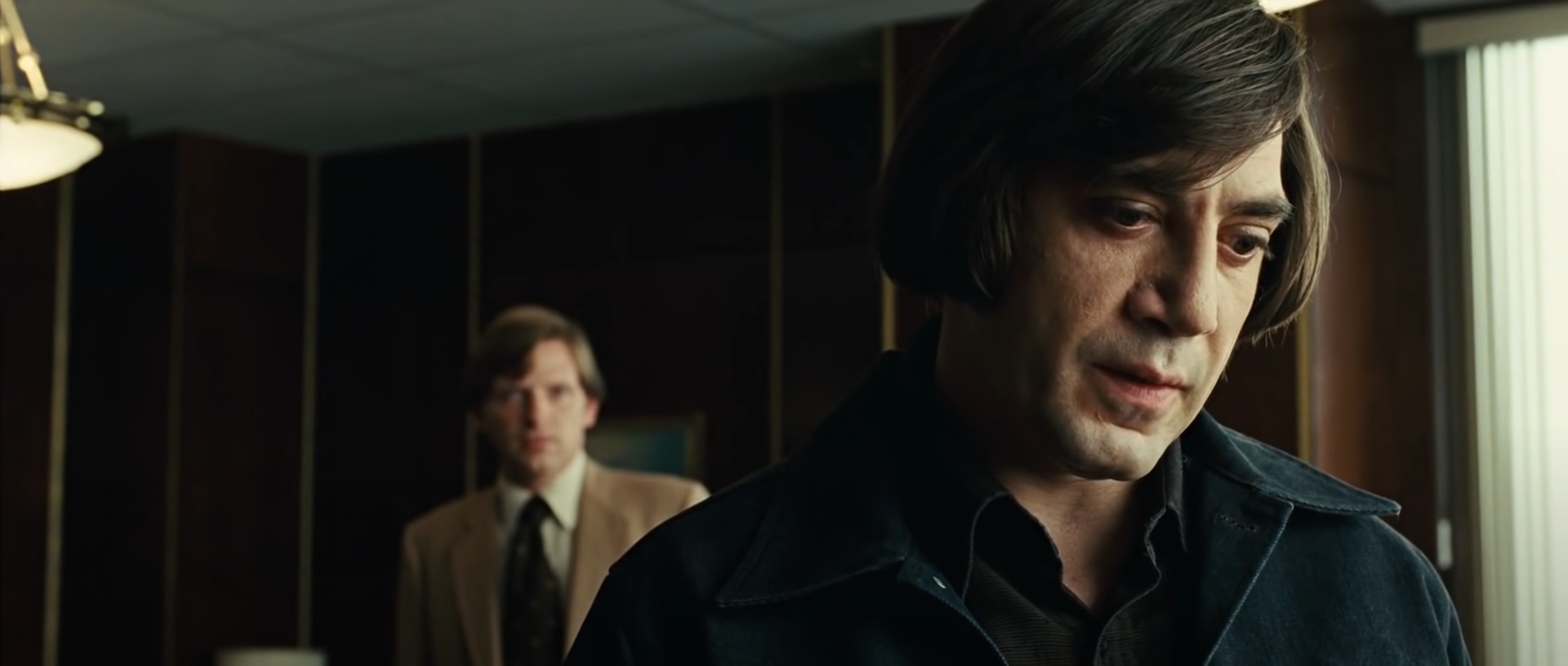Writers can and should enjoy writing
/Exams and final grades are in, and I’m looking ahead to in-service and the summer semester with a mixture of exhaustion and gratitude. I’m also planning on more writing, including here.
Speaking of writing, after turning in final grades this afternoon I ran across this wonderful short piece from Fredrik deBoer: “If You Don’t Like Writing, Do Something Else.” An excerpt:
For as long as I can remember, these complaints—writer’s block, imposter syndrome, procrastination—have been key elements of writerly self-deprecation. They’re ubiquitous. And, in a sense, the author is correct to suggest that these are tools for identifying those humans who define themselves as writers. Get writers together in a room and soon they’ll be competing to be the one who likes writing the least. But none of it ever meant anything to me. I find the constant invocation of not-writing as core to the writer’s life to be self-indulgent and annoying, whether coming from the heights of literary success, whatever that might now mean, or from a complete amateur. No one is impressed that you ostentatiously struggle to write. Being a writer is hard because it’s hard to earn enough money to live. Writing, itself, is not hard. Not like digging ditches. It can take effort and focus and discipline, sometimes, and doing it particularly well is difficult in the sense that it’s a hard thing to achieve. But nobody not in the profession weeps any tears about how hard of a job writing is, nor should they. And I’m sick to death of this bizarre affectation that a writer is that creature that hates writing the most. I love to write; that’s why I have sacrificed to make it my profession.
“No one is impressed that you ostentatiously struggle to write.”
Long ago, in college, I noted the way some fellow writing students would publicly, performatively talk about how “bad” the characters in their works-in-progress were being, messing up their plots, making wild decisions, and behaving like they have minds of their own. If there’s anything I despise it’s tweeness, and though I now repent of the contempt I felt for those friends and classmates I stand by the decision I made never to talk about writing that way.
But since then the much more common in-group writer tweeness that I’ve seen, that has, indeed, proliferated on the internet, is what deBoer describes several times in his piece: public, performative complaining about how hard writing is and how little you’re getting done, or even talking about the writing process as if it is an intolerable burden. Writers talking about hating writing.
Rubbish. DeBoer again:
I wish people would drop this act; it’s corny and tiresome. If you don’t enjoy the process itself, writing itself, then I don’t know why you’d bother to do this for a living. . . . You’re free to say that I’m overreacting to a harmless cultural quirk of people who write, but I am quite tired of it and find it an actively destructive impulse. It exaggerates the burdens of a way of life that’s quite pleasant if you’re lucky and talented enough to secure it, it teaches young writers that to belong to the category of writer you must constantly evince distaste for the act of writing, and it serves as a floating excuse for not working—hey, every writer hates to write, so if I dick around all day [it’s] just me being a real writer! It’s snide. It’s performative. I’m not a fan.
Likewise.
Read the whole thing. DeBoer opens with a really beautiful meditation on doing things because you enjoy them that is worth reading by itself. And last fall Ben Sixsmith had a similar short essay at The Critic that is also worth reading. Like DeBoer—like myself—Sixsmith is tired of the “writing life” tweets and memes because he loves and always has loved writing and, while it’s not always easy, it’s not hard enough to complain about. A sample:
What really ticks me off, though, is how they both trivialise and dramatise “being a writer”—dramatising it as some kind of constant agonising struggle . . . and trivialising it because that is so evidently silly. “Writing a story isn’t that hard. The only thing that’s difficult is writing the beginning. Well, and ending, those are always a nightmare. Also, the middle is basically thousands of words of utter agony.” That can be true. It can also be true that words flow like a mountain stream. If writing were like pulling teeth nobody would do it.
And, more to the point, “The problem is people who want to be writers far more than they actually want to write.”
Thankful to have another semester under my belt. Looking forward to the summer.

















